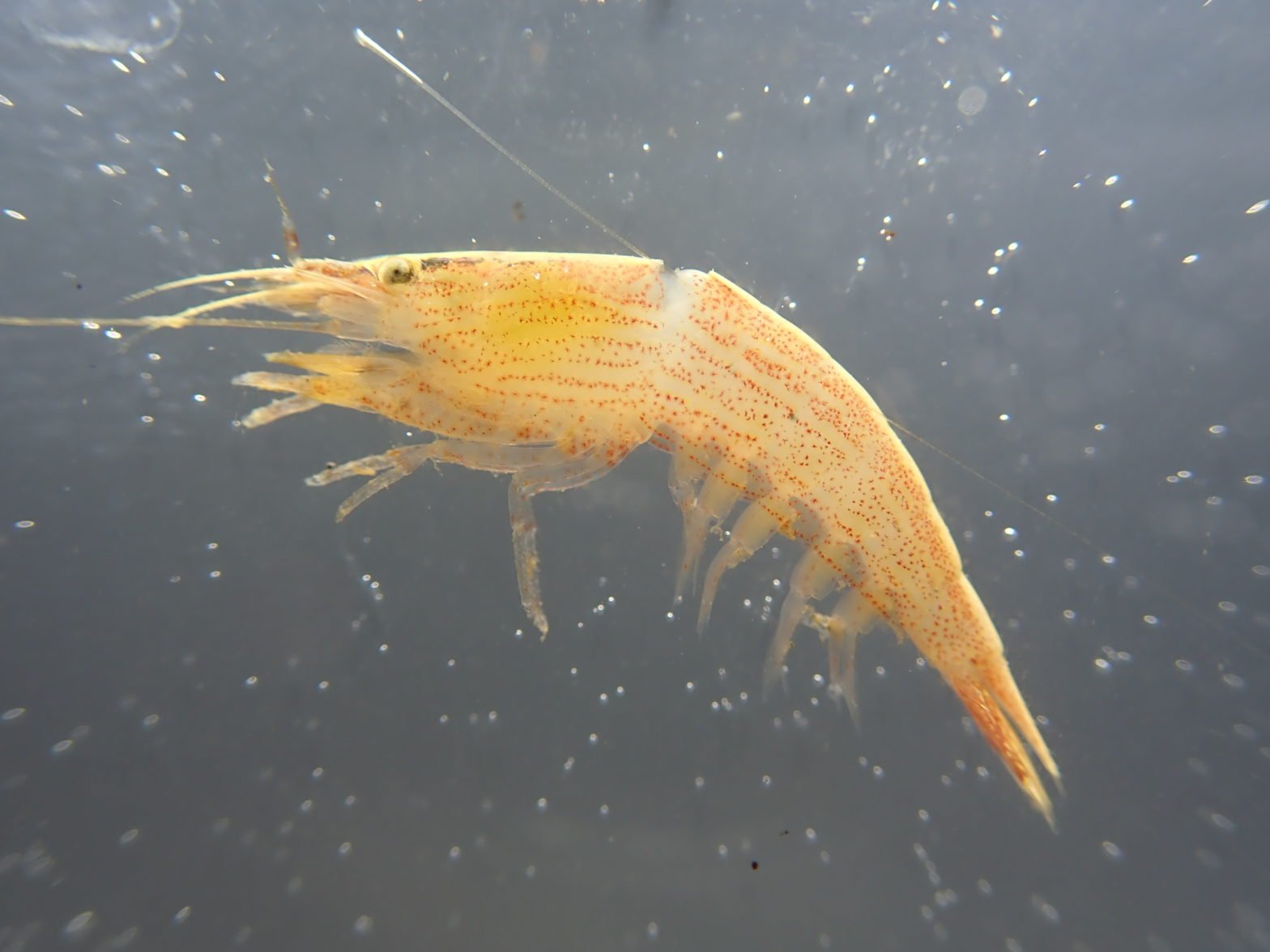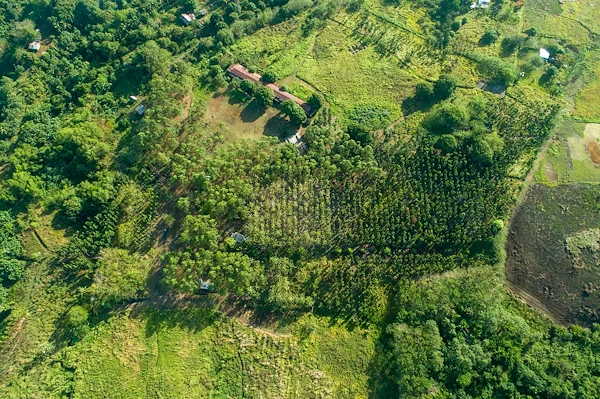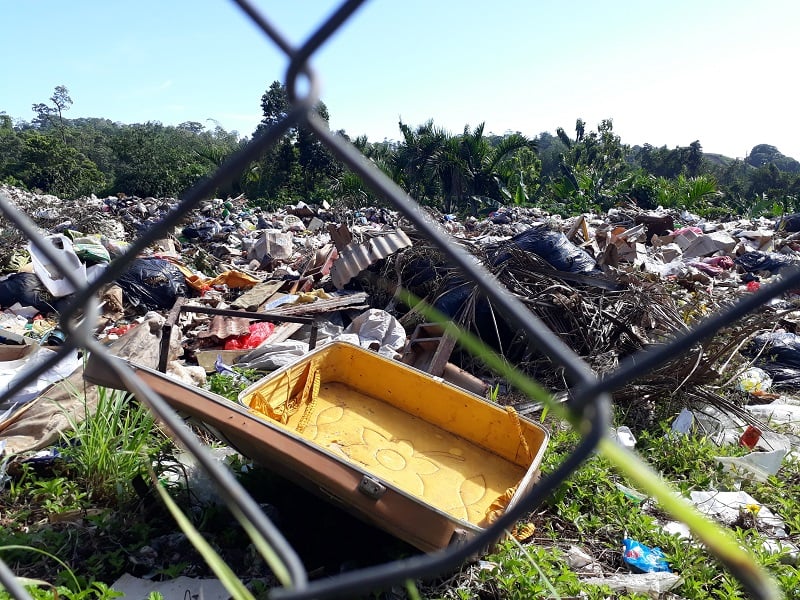UK PhD student creates online environmental discussion group to gather science based evidence to tackle climate change in Solomon Islands.
HAVE you witnessed changes in the environment in your community? Would you like to share your observations to create evidence-based science and tackle climate change in Solomon Islands?
Head to Facebook and join the “Solomon Islands: Environment” discussion group (https://www.facebook.com/groups/ontongjava).
That’s according to scientist Marie Schlenker, who is a PhD student at the University of Southampton, UK, and works closely with the Anglican Church of Melanesia and the Melanesian Mission UK to study the impacts of environmental change on rural communities in Solomon Islands who are particularly at risk from rising sea-levels.
The facebook group has been set up by Ms Schlenker, as part of her research. She visited the communities of Fanalei and Walande in South Malaita and the Lord Howe and Red Beach settlements in Honiara in 2019 and conducted in-depth studies of local impacts of sea-level rise.
While the current Coronavirus pandemic has prevented her from returning to Solomon Islands last year, her research is still ongoing.
According to Schlenker “the Internet has made it possible for us all to stay connected, regardless of how far away we are or how isolated we are due to the pandemic.
“I hope that it can now help me to finish my research. But what I really need is the help from the people in Solomon Islands.”
She believes that local knowledge is key for mapping changes across the country and informing climate change adaptation.
“Nobody notices changes in the environment more than the people who live there.”
While her in-depth study focuses on the communities of Ontong Java, Sikaiana, Fanalei and Walande, she is also interested in extending her research about environmental change to other parts of the country.
“I believe there are many more communities out there that have been affected by rising sea-levels. We just haven’t heard of them yet.”
She believes local knowledge is key for mapping changes across the country and informing climate change adaptation.
Dr Abraham Hauriasi, ACoM General Secretary said the Anglican Church of Melanesia (ACoM) is pleased to be helping in this research effort in collecting data that will be useful and important to national and regional stakeholders in the on-going fight against the destructive effects of climate change affecting Solomon Islands communities across the country.
Hauriasi says our communities will benefit a lot from actions/activities taken by government and donors, church and other stakeholders to mitigate climate change effects as a result of the availability of the findings/data/evidence generated from or by this research.
Schlenker said many coastal communities in Solomon Islands are already experiencing adverse impacts of environmental change, including sea-level rise, shoreline erosion, increased flooding frequency and degradation of marine and terrestrial ecosystems.
While the drivers of these changes are varied and include local human activities, such as logging, overharvesting and sand mining, climate change will likely exacerbate environmental change and associated problems in the future.
Schlenker explained that in recent years, it has become more and more apparent that we need to take better care of our planet.
“Institutions have been formed, policies have been released and new technologies have been piloted, but so far with little tangible outcomes for the people who are most at risk from climate change – like Solomon Islanders.
“One reason why tackling climate change has been difficult for authorities and communities is because we do not fully understand the phenomenon of climate change and its local manifestations yet.
“Climate change is a new challenge, which requires us to develop new solutions. Another issue has been the lack of funding for sustainable climate change projects at local level.
“Increased international assistance and effective distribution of the funds are key to tackle climate change in Solomon Islands.”
She said that in order to understand how climate change is affecting different parts of Solomon Islands, to create evidence-based funding claims and to inform strategies for helping affected communities, science is vital.



